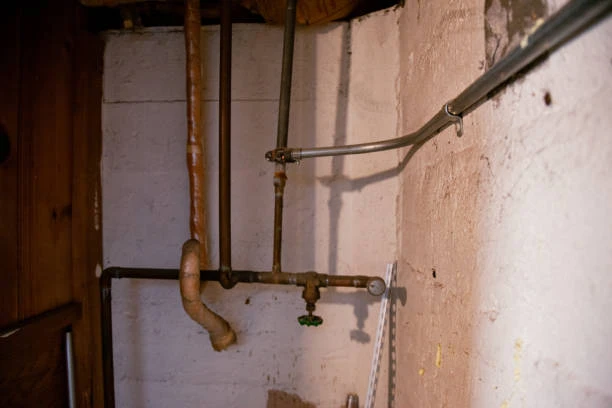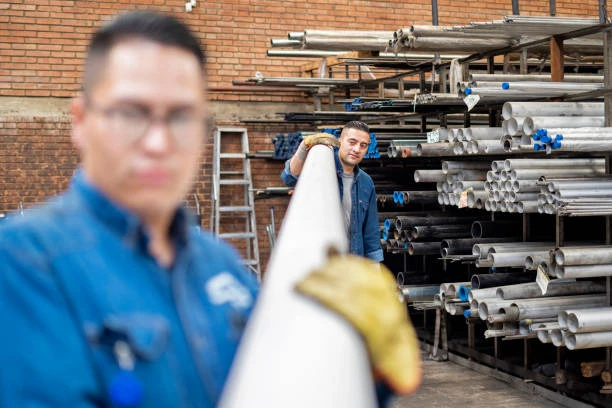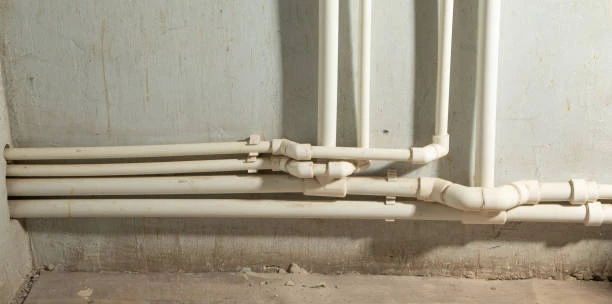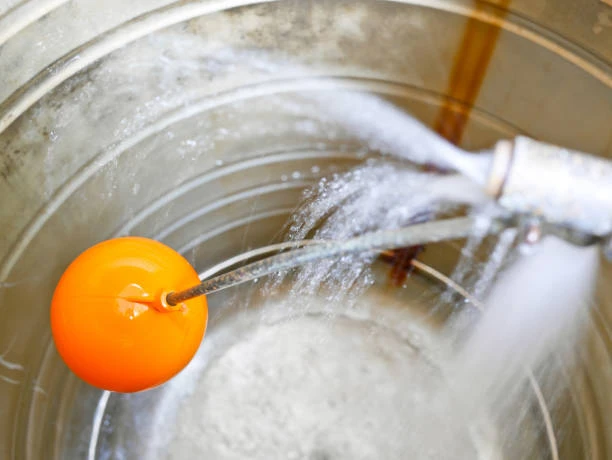Comprehensive Collection of Faucet Maintenance Tips
Garden tap brass is one of the most common and dependable outdoor plumbing solutions. With its solid metal body and resistance to environmental wear, a brass garden tap is ideal for a wide range of applications—from watering the garden to washing vehicles. However, like any mechanical fixture, even the most durable tap requires regular upkeep. Without basic maintenance, issues such as leaks, corrosion, or reduced water flow can quickly develop.
In this guide, we present a comprehensive collection of faucet maintenance tips with a focus on garden tap brass. Whether you’re a homeowner, facility manager, or installer, this resource will help you understand the common issues, preventive measures, and material comparisons to extend the life and function of your tap.
Frequently Asked Questions
Why does my garden tap brass drip after closing?
This usually happens due to a worn washer or faulty valve seat. Replacing the washer or reseating the valve can stop the leak.
Can brass garden taps rust over time?
Brass doesn’t rust like iron, but it can corrode or tarnish when exposed to moisture and air. Regular cleaning prevents this.
What type of hose fits a garden tap brass?
Most brass garden taps use standard BSP threads (½” or ¾”), compatible with common hose fittings available in hardware stores.
Is it okay to leave a garden tap on during winter?
It’s best to shut off the water supply and drain the tap to prevent freezing and cracking in cold climates.
How do I restore the shine on an old brass tap?
Use a mixture of vinegar and baking soda or a commercial brass polish. Always dry it afterward to avoid water spots.
Understanding Copper Valves: Basic Functions and Key Features
Copper valves play a central role in most garden tap brass assemblies. These valves regulate water flow and manage internal pressure while offering unmatched durability.
Key Features of Copper Valves:
Corrosion resistance: Naturally repels rust and mineral buildup
Thermal tolerance: Ideal for outdoor taps that endure both summer heat and winter cold
Strength and longevity: Copper valves can last over 20 years with minimal wear
Safe and hygienic: Copper is antimicrobial, making it safe for potable water systems
Low maintenance: Minimal risk of seizing or internal blockage when properly installed
These properties make copper valves the backbone of reliable garden tap systems.
Common Uses and Industries Where Brass Garden Taps Are Popular
Brass garden taps are not limited to home gardens. Their versatility makes them a staple in a wide variety of applications:
Home gardens: Connect hoses for irrigation, washing cars, or filling ponds
Farms and agricultural fields: Control irrigation systems and supply water for livestock
Commercial landscaping: Used in parks, golf courses, and botanical gardens
Construction sites: Temporary water supply for cleaning and mixing materials
Public buildings and facilities: Maintain lawns or external sanitation tasks
Brass is a preferred material due to its strength and weather resistance, even in harsh outdoor environments.
Buying Guide: What to Look for When Choosing a Brass Garden Tap
When selecting a garden tap brass, the quality of materials and construction matters more than just aesthetics. Here are some tips for choosing the right one:
Solid Brass Construction:
Ensure the tap is made from solid brass rather than zinc alloy or brass-plated plastic. Genuine brass is heavier and more durable.
Thread Size Compatibility:
Check that the BSP size matches your hose or pipe fittings. Common sizes are ½ inch and ¾ inch.
Valve Type:
Compression valves are traditional and easy to repair. For better performance and lower maintenance, look for models with ceramic disc valves.
Handle Design:
Choose between T-handle, butterfly, or lever handle depending on how easy you want operation and whether gloves will be worn.
Certifications:
Look for ISO or CE marks to ensure the product has passed mechanical and performance tests.
Finish Quality:
While raw brass is durable, chrome-plated or powder-coated finishes add protection and improve visual appeal.
Installation Tips for Garden Tap Brass
Installing a garden tap brass is relatively straightforward but following best practices helps ensure proper sealing and longevity:
Prepare the Connection Surface: Clean threads and mating surfaces before installation.
Apply Thread Seal Tape: Wrap PTFE tape around male threads to prevent leaks.
Avoid Overtightening: Brass is soft. Excess force may crack the tap or fitting.
Support the Pipe: Use brackets or wall plates to stabilize the tap, especially on exposed pipes.
Test for Leaks: Turn the water on slowly and check all joints after installation.
Drain Before Winter: Disconnect hoses and ensure water doesn’t sit in the tap during freezing temperatures.
Good installation is key to avoiding early wear and minimizing future maintenance.
Comparison Table: Copper Valves vs Plastic Valves
| Feature | Copper Valves | Plastic Valves |
|---|---|---|
| Durability | Excellent – decades of service life | Fair – prone to cracking under stress |
| Heat Tolerance | High – suitable for all climates | Limited – deforms in high heat |
| Corrosion Resistance | High – naturally protects itself | Good – but can degrade under UV exposure |
| Installation Strength | Handles high pressure without issue | Suitable for low-pressure systems only |
| Environmental Impact | Fully recyclable | Often not recyclable |
| Maintenance Needs | Minimal with proper use | Higher, especially in aging installations |
| Cost Efficiency | Higher initial cost, low long-term cost | Lower upfront cost, frequent replacement |
For outdoor taps, copper valves are the clear winner due to their strength, stability, and environmental advantages.
Conclusion
Maintaining a garden tap brass is a simple yet impactful practice that improves performance and extends its service life. From routine cleaning to replacing worn washers, these minor efforts prevent bigger issues like leaks, freezing damage, and poor water flow. Knowing the role of internal components—especially copper valves—also helps you make smarter repair or replacement decisions.
When buying a new brass tap, focus on construction quality, valve type, and material certification. A well-installed and maintained garden tap can serve you reliably for many years, whether you use it in your backyard or on a busy construction site.
Connect with IFAN
IFAN is a professional manufacturer with 30 years of experience in producing copper valves, brass fittings, plastic pipes, and related plumbing systems. Whether you’re a homeowner, contractor, or distributor, IFAN provides quality solutions that meet international performance standards.
Need Help? Contact IFAN Today:
For more information,pls visit our webside https://waterpipefitting.com/
Pls Mailto: [email protected]
Whatsapp: +86 15088288323
Expect professional assistance, custom recommendations, and fast response times—typically within 24 hours.
IFAN Products and Global Certifications
IFAN ensures quality and compliance across all product lines, meeting a wide range of international standards:
ISO Standards: ISO 15874, ISO 1452, ISO 15494
DIN Compliance: DIN 8077/8078, DIN 8061/8062
ASTM Certifications: F2389, D2665, D1785 SCH40/80
National and Regional Standards: GB/T 18742, EN ISO 15494, CSA B137.6, JIS K6741, AS/NZS 1477, NSF/ANSI 14, BS 4346
These credentials reflect IFAN’s commitment to performance, safety, and innovation in plumbing solutions worldwide.














Recent Comments